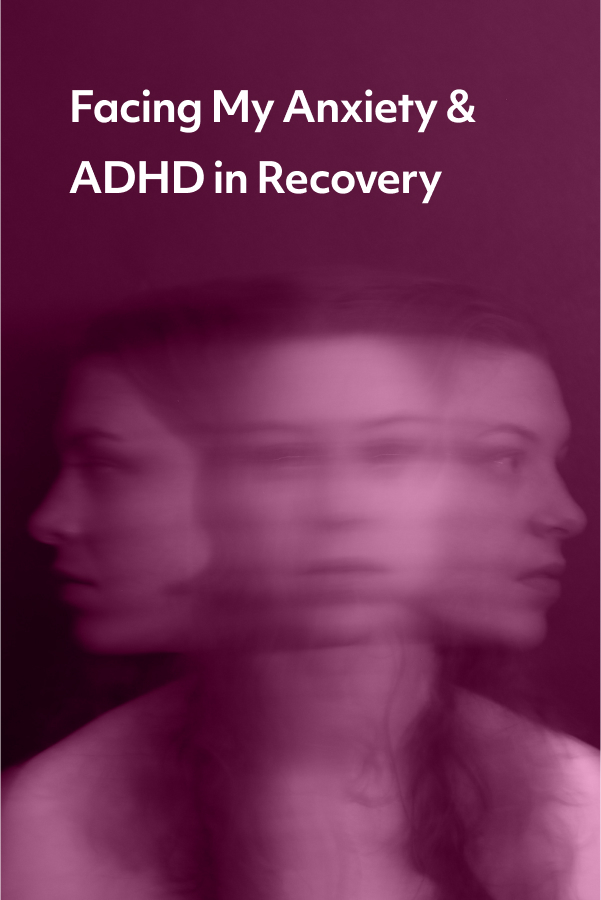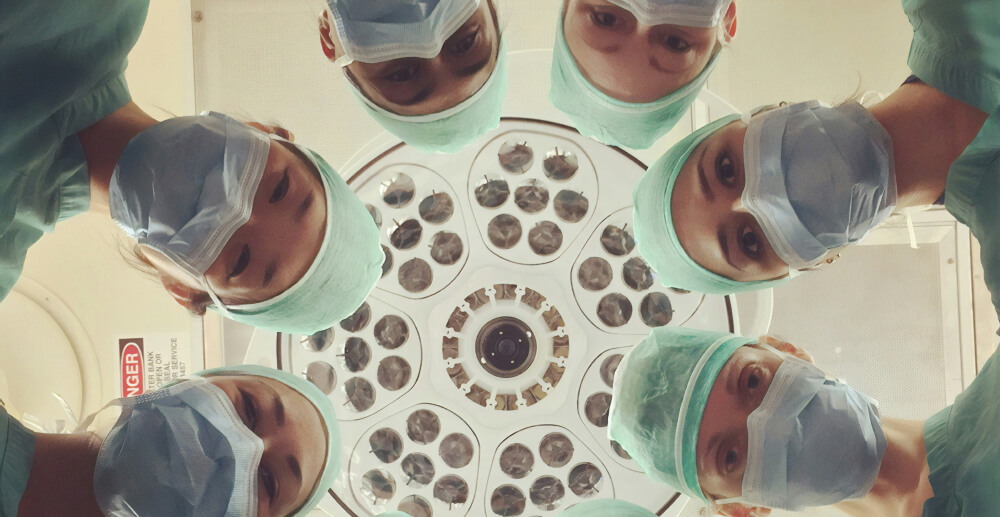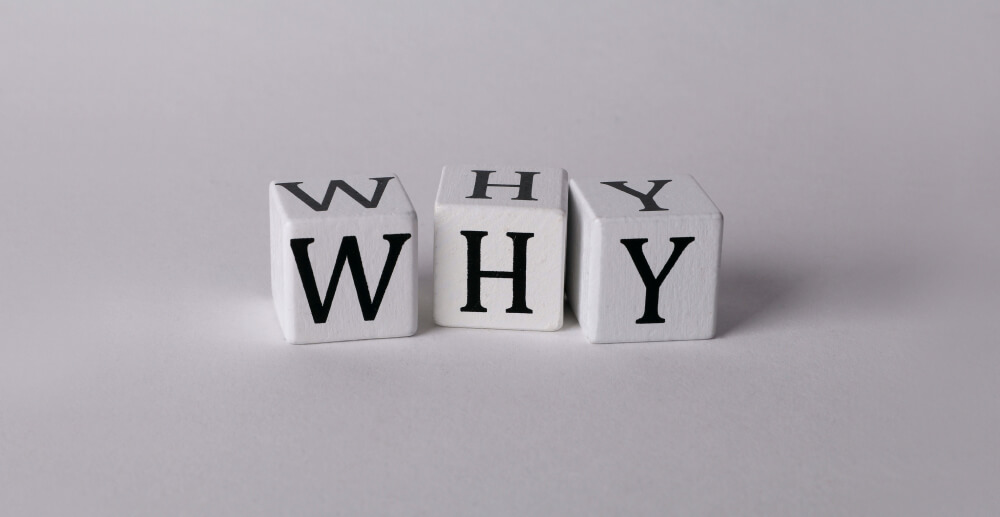Before I accepted the fact that I was an alcoholic, I didn’t know I had anxiety. This was likely due to the fact that I drank any uncomfortable feeling I had under the proverbial table.
If you were to ask me 10 years ago if I had anxiety, I would have said, “No way, not this guy!” The truth is, I only thought of anxiety in the hyperbolic way it was portrayed in movies and TV—sweating, shaking, and other physical manifestations of the noun. That is how it manifests in some people, but that only scratches the surface of the depth of what anxiety really is.
Treating my ADHD did nothing for my anxiety
In the early 1990s, when I was early in my childhood, I had racing thoughts I could not control. I was constantly getting in trouble during grade school lectures for being disruptive and talkative. My teachers and parents quickly sent me to a psychiatrist where I was diagnosed with Attention-Deficit / Hyperactivity Disorder (ADHD)
After being diagnosed with ADHD, next came the medication. I was prescribed a medicine that was supposed to keep me focused and alleviate my “acting out” during school hours. I started taking it and my grades improved. I was able to stay in my seat longer. It was doing the job it was meant to do. However, there were side effects to this new way of life that weren’t so great.
I found while taking that medication, it was very hard to sleep at my enforced bedtime. I started hyper-fixating on a whole variety of thoughts and situations (that had happened or had yet to happen). I would lie in bed and stare at the walls. I desperately wished I could just go to sleep. My only means of combating this state of mind was my little radio and headphones. If I listened to the radio, I wouldn’t be bombarded with thoughts and I could eventually sleep. The only problem was, sometimes after falling asleep, my headphones would come unplugged from the radio and awaken the whole house. As punishment, my radio would be taken away. These were the most miserable nights of my young life.
Self-medicating seemed like the answer
The medication that was helping me focus was doing nothing for the fact that I had anxiety so bad, that I couldn’t sleep. Looking back on it now, I don’t think I had any help with augmenting the medication to get to a level where this wouldn’t happen to me. It allowed me to swap getting in trouble at school for getting in trouble at home. This situation lasted from grade school into high school.
Right before starting high school, I found alcohol and marijuana. It quickly became apparent to me that I could stop my racing thoughts and get some sleep if I got high before bed. I was amazed by the effectiveness of my newfound solution. Looking back with more knowledge, this was the beginning of a long journey of self-medication that led to my eventual alcoholism. But at the time I only knew that if I kept using, my racing thoughts would subside and I felt like I could live inside my own skin.
I opted to stop taking the ADHD medicine when I began high school. I told my parents that I wanted to see if I could make the grades without it. When the truth was, I had found another way to manage the way my brain worked. Drugs and alcohol were my new “medicine.” At the time, I thought I was in control, but my way of treating myself rapidly turned into substance use disorder.
Addiction recovery brought me back to where I had started
The roller coaster of active addiction and alcoholism landed me in a rehab at age 25, which I will be forever grateful for. I went in and got sober through following their suggestions and finding a recovery community that I was grateful to become a part of. This is an abbreviated description of events for the sake of getting to the point: after removing the drugs and alcohol, I was left with the same attention deficit and anxiety that had plagued me as a child.
Years went by in my sobriety. I still found it hard to focus. At times, I had racing thoughts that I had no control over. But they were more manageable than they had previously been. In recovery, I acquired many life skills for naturally alleviating anxiety and ADHD. Some I still use include talking with my recovery friends, meditation, exercise, and healthier living in general. But at ten years sober, I find that these aren’t working as well anymore.
It’s been quite difficult in my later years of recovery. I’ve experienced a multitude of losses ranging from grief to heartbreak, and many other forms of mental pain. So much so, that I did the difficult thing and found help outside of recovery. Working with a talk therapist and admitting to still needing help after all these years is humbling, to say the least.
Today, what anxiety looks like for me can be best described as looping thoughts, over-thinking, and a general feeling of my skin crawling. It was hard to admit, but I needed more help than the talk therapy and my coping methods could provide. I am currently working on finding a psychiatrist to see what is the best course of action to take. At this present time, I’m doing a lot of self-searching and getting honest with myself. There’s a reason that it’s taken me so long to accept the fact I still have a form of anxiety disorder and ADHD: fear. This fear stems from my memories of being medicated as a child.
As an adult, I have a great support system and resources to get help. I believe that working through the fear and experiences of my past allows me to be honest with medical professionals about my history and find a way to mental wellness that works best for me. I share my experience in this writing with the knowledge that I do not know what is best for anyone else suffering from similar circumstances to mine. I only hope the reader can find some comfort in knowing they aren’t alone and it’s okay to not be okay.
There is help out there, and I hope we all find what’s best for us to live a more manageable life.





